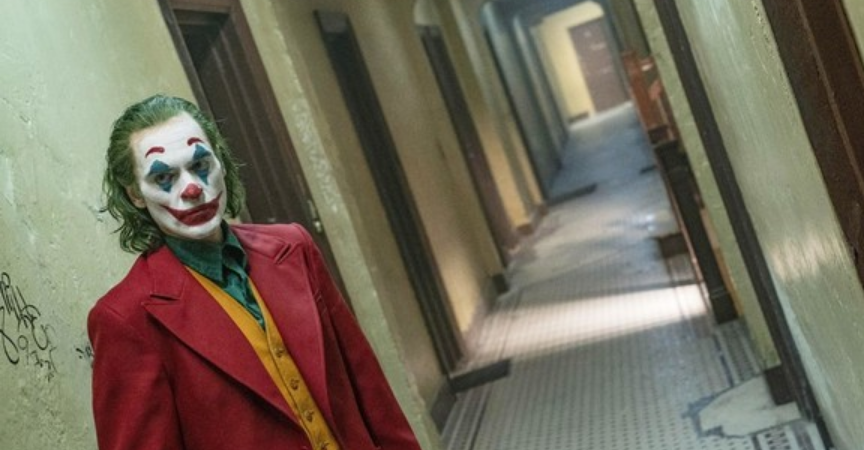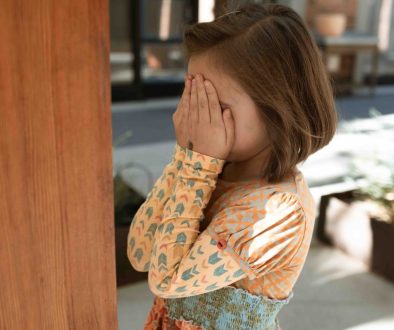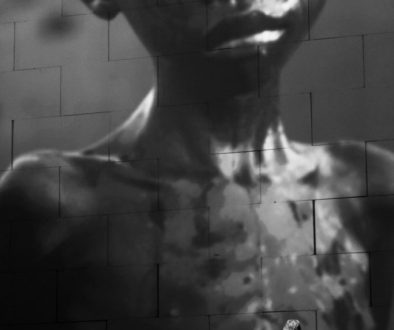R.S. Penney: The Joker is a trash fire of a movie
What to say about The Joker? Well, I think we should start by making one thing clear: I do not like negative reviews. My favourite movie-review show is Cinema Wins. I frequently watch Movie Bob’s series “Really That Good.” Why? Because I enjoy the work of creators who celebrate the media that I love. If I don’t like a piece of media, I rarely write a bad review; I’m much more likely to just leave it alone and write it off as something that was not for me. So, for me to be coming to you with a negative review of a film… Well, it has to be really bad.
Almost nothing to say
The Joker is a film that thinks it is deep, but in reality, it has almost nothing to say. The film presents us with Arthur Fleck, a young man down on his luck. The universe seems to go out of its way to torment Arthur. When the film opens, we find him advertising a going out of business sale in a clown costume. Some kids take his sign and run into an alley. Arthur pursues them to get the sign back, but all he gets for his trouble is an ass-kicking. He is left bleeding on the alley floor, groaning in pain. Later, Arthur’s boss accuses him of disappearing while on the clock and of stealing the sign he tried to recover.
I’m not saying this is unrealistic. I’ve had similar things happen to me. In one job, I worked late, for free, to help my team. Due to certain cognitive impairments, I couldn’t get my work done as quickly as my teammates. My boss kept telling me that she couldn’t afford to pay me for those extra hours; if I couldn’t finish the work in a normal workday, I would be fired. So, I did the work for free after hours. When she found out, my boss – who had been looking for a reason to fire me – said that working for free was technically falsifying payroll statements. Employers are often merciless towards people with mental illness. It’s a form of ableism. I can easily believe that something like this would happen to Arthur. What I can’t believe, however, is his reaction to such abuse.
A cruel and indifferent world deserves the Joker?
The film seems to be trying to make a point about mental illness. “Push a man too far,” it says, “and he will inevitably snap.” When Arthur finally claims his identity as the Joker, he shoots a comedian that he had looked up to since he was a child and shouts, “You get what you deserve!” The message is clear: a cruel and indifferent world deserves a character like the Joker. It’s karma! The natural outgrowth of the situation.
In reality, people with mental illness are more likely to be the victims of violence than the perpetrators. This film will only add to the stigmatization of an already vulnerable population. The Joker isn’t deep; it’s a two-hour-long stereotype.
Superhero movies can be deep. Not The Joker.
My favourite comic-book character is Steve Rogers; my favourite comic-book movie is Captain America: the Winter Soldier. Superhero movies can be deep. Winter Soldier has a lot to say about the surveillance state, about the problems with government overreach. It presents us with an interesting character dilemma. What happens when a true patriot believes that his own government is guilty of serious crimes? That’s an interesting question to explore. Rather than making Rogers the mouthpiece of American exceptionalism, Winter Soldier chooses to make him embody the ideals that America is supposed to stand for. Distrust of authority and an unwavering faith in the value of the common person.
You’ll find no such introspection in the Joker. There is no systemic critique of the factors that lead to mental illness. True, the film takes a few minutes to explore the issue of government cutbacks robbing poor people of mental-health services. But rather than exploring the troubles of an oppressed community, the Joker frames the issue as if therapy and medication are the only things holding the mentally ill back from violence. Take those things away, and the explosion is inevitable.
Jackals at the door?
Therapy and medication have done an enormous amount of good for millions of people. However, mental health professionals have been saying for decades that we need to look beyond individualized solutions and examine the underlying systemic factors that cause mental-health problems in the first place. There is no critique of capitalism in the Joker. It throws a little shade at the One Percent, but it never bothers to question a system that led to such inequality. The poor are treated as barely-repressed rage bombs. Ready to snap on a moment’s notice. Rather than reacting with horror at the Joker and his wanton brutality, the working class of Gotham City raises him up as a hero, as a symbol of their revolution. The desire for political change is portrayed as inherently violent.
This is how elites see us: as a pack of jackals at the door. Not as human beings with legitimate concerns. The Joker hits every item on the ignorant white guy checklist. Stigmatize the mentally ill? Check. Portray the poor as subhuman? Check. Blame women of colour for the white guy’s problems? Check. The world falls apart when the white guy doesn’t get everything he’s owed? Check. That it did so well at film festivals is proof of how far we have to go as a culture.
TLDR: don’t waste your time on this trash fire of a movie.
R.S. Penney is the author of the Justice Keepers Saga. His latest novel Desa Kincaid: Bounty Hunter, is currently available in paperback and ebook. Follow him on Twitter.



